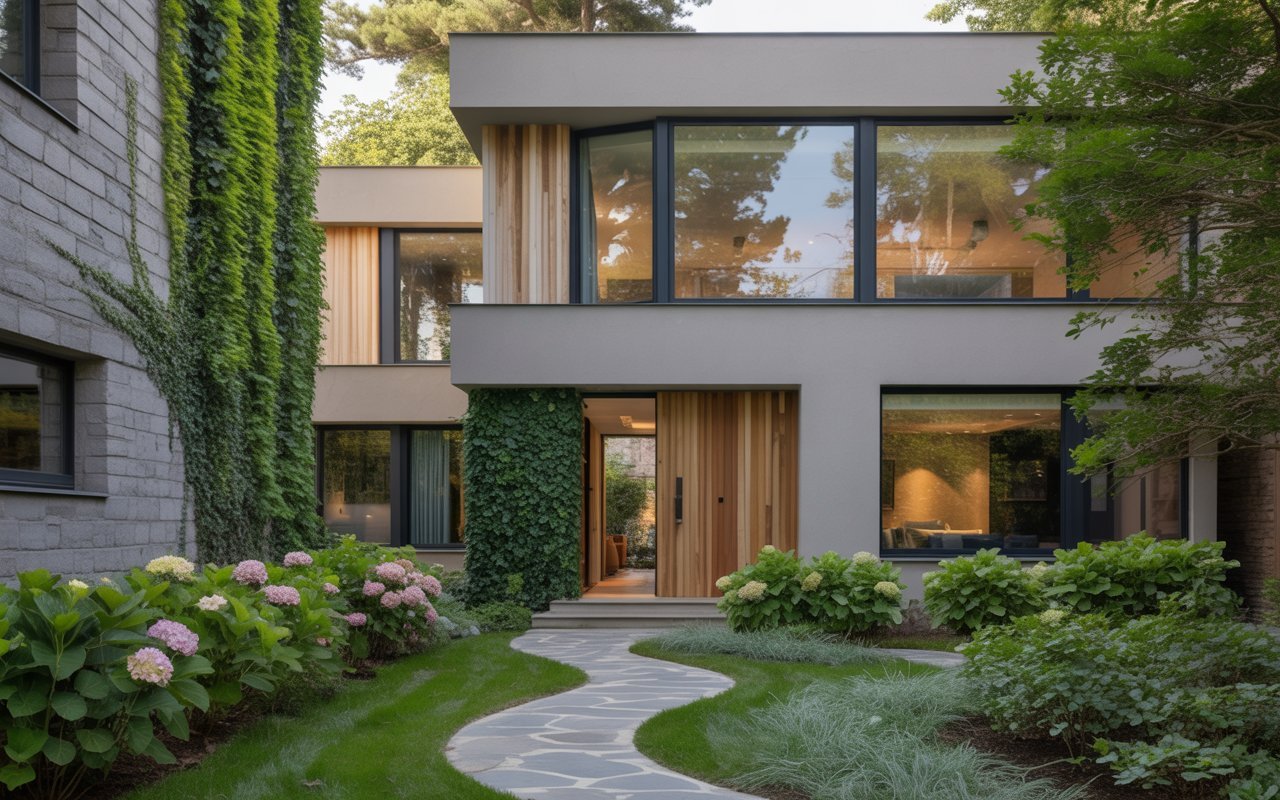
How to Appraise Unique Residential Properties in Toronto (Heritage, Mixed-Use, etc.)
Toronto’s real estate landscape is anything but uniform. Beyond the condos and cookie-cutter detached homes, there exists an entire segment of unique residential properties—buildings with layered history, distinctive architecture, or dual-purpose uses. From century-old heritage homes in Cabbagetown to mixed-use storefront residences along Queen Street, these properties bring character and complexity to the appraisal process.
And that complexity isn’t just aesthetic. When it comes to assigning an accurate value, these non-standard properties require an entirely different lens. That’s where specialized valuation expertise becomes more than just helpful—it becomes essential. At IPS, we understand that unique property appraisal in Toronto is a craft shaped by context, architectural integrity, zoning intricacies, and market nuance.
Why Unique Properties Can’t Be Appraised Like Standard Homes
A traditional residential appraisal relies on comparables—recent sales of similar homes in the area. But what happens when there’s no “similar” property? That’s often the case with heritage home appraisal in Toronto or with mixed-use residential commercial properties in the GTA. These buildings can’t be assessed using formulaic approaches because their value is influenced by variables that don’t show up in conventional data sets.
A century-old Victorian might have historical designation restrictions, affecting renovation potential and insurance. A building with a commercial storefront and upstairs apartment might face zoning overlays, dual-income considerations, and varying market influences for each unit. These complexities demand more than numbers—they demand experience.
Appraising Heritage Homes: Balancing Character with Constraints
Toronto’s history is preserved, in part, through its beautiful heritage homes, many of which are protected by municipal designation or listed on the city’s heritage register. Appraising these properties requires a deep understanding of the real estate market as well as the policies that shape what owners can—and cannot—do with the home.
In a historic property valuation in Toronto, factors like age, architectural style, preservation status, and permitted renovations all play a role. The appraiser must investigate whether the home is subject to the Ontario Heritage Act, which may limit structural modifications. They also need to consider restoration costs, historical relevance, and how similar properties have performed in the resale market.
Many owners ask us, “How do you appraise a heritage home in Toronto when no two are the same?” The answer lies in a methodology that blends historical knowledge with modern valuation science. At IPS, we review everything from construction quality and preservation grade to location desirability and the prestige of heritage designation itself. The result is an appraisal that not only reflects today’s market but also respects the legacy of the past.
The Complexity of Mixed-Use Residential and Commercial Appraisals
Mixed-use buildings add a second layer of complexity. Imagine a building in Leslieville with a retail boutique on the main floor and a rental apartment above. These are becoming more common throughout the city, especially in older neighbourhoods where zoning allows for residential-commercial hybrids.
Mixed-use property appraisal in Toronto means considering the residential portion and the commercial component separately in the income approach, then capitalizing them into a cohesive final figure. This involves understanding multiple income streams, risk profiles, tenant agreements, lease structures, and occupancy laws. It also requires expertise in how to value mixed-use properties in Toronto when there’s no “standard” to go by.
The commercial income may be higher, but it is subject to vacancy volatility. The residential unit might be rent-controlled or owner-occupied. At IPS, we analyze each unit type individually using segmented approaches—capitalization rates for commercial space, and direct comparison for the residential portion—before harmonizing the full value into a well-supported report.
When a Property Defies All Boxes: Special Use and Non-Standard Homes
Some homes in Toronto are so unique that even “mixed-use” or “heritage” categories don’t do them justice. From converted churches and laneway homes to properties with live-work studios or unusual configurations, these buildings fall under what we call special-use property appraisal in Toronto.
Their value may lie in the land, the structure, the business potential, or all three. For example, a former fire hall that’s now a photography gallery and loft residence requires a multi-pronged valuation. These types of challenging property appraisals in Toronto are where IPS thrives. We work with planners, architects, and municipal databases to understand what makes each property valuable—and how that value translates in today’s fast-changing market.
Zoning, Legal Status, and Market Perception
Zoning plays a central role in residential properties with commercial use valuation in Toronto. A building may be legal non-conforming, meaning it operates in a way that predates current zoning rules but is still permitted. This can influence how lenders perceive the property and how appraisers must structure the report.
Market perception matters too. A beautiful old home with ornate crown moulding may appear charming, but be seen by some buyers as a renovation burden. Conversely, a legally converted triplex may attract investors despite looking modest from the outside. These buyer psychology nuances shape how unique home valuation services in Toronto must be crafted to reflect both actual and perceived worth.
Why Experience Matters in Appraising Unique Homes
Valuing unusual properties is not about using fancier math or software—it’s about judgment, local insight, and knowing which questions to ask. What does it cost to restore a turreted roof with heritage brick? How does a main street storefront’s traffic count influence rental income? Can a laneway house be separately titled or mortgaged?
These are not textbook answers. They require lived experience in the field, familiarity with Toronto bylaws, and the ability to think both analytically and creatively. IPS brings all of that to the table. When you choose us for your non-standard property appraisal in Toronto, you’re choosing professionals who value uniqueness not as a challenge, but as an opportunity to deliver clarity where others may see confusion.
Final Thoughts
Every unique property in Toronto tells a story. Some reflect history, others blend commercial ambition with personal lifestyle. Whether you own a heritage home, a mixed-use investment, or a challenging property that doesn’t fit the mould, you need more than a templated valuation. You need a partner who understands the fabric of Toronto’s real estate and can articulate your property’s true worth.
IPS specializes in these kinds of nuanced appraisals. Our reports are not just numbers—they are narratives backed by evidence, credibility, and local expertise. If you are looking for unique property appraisal in Toronto, trust us to help you make confident decisions rooted in clarity and market knowledge.


